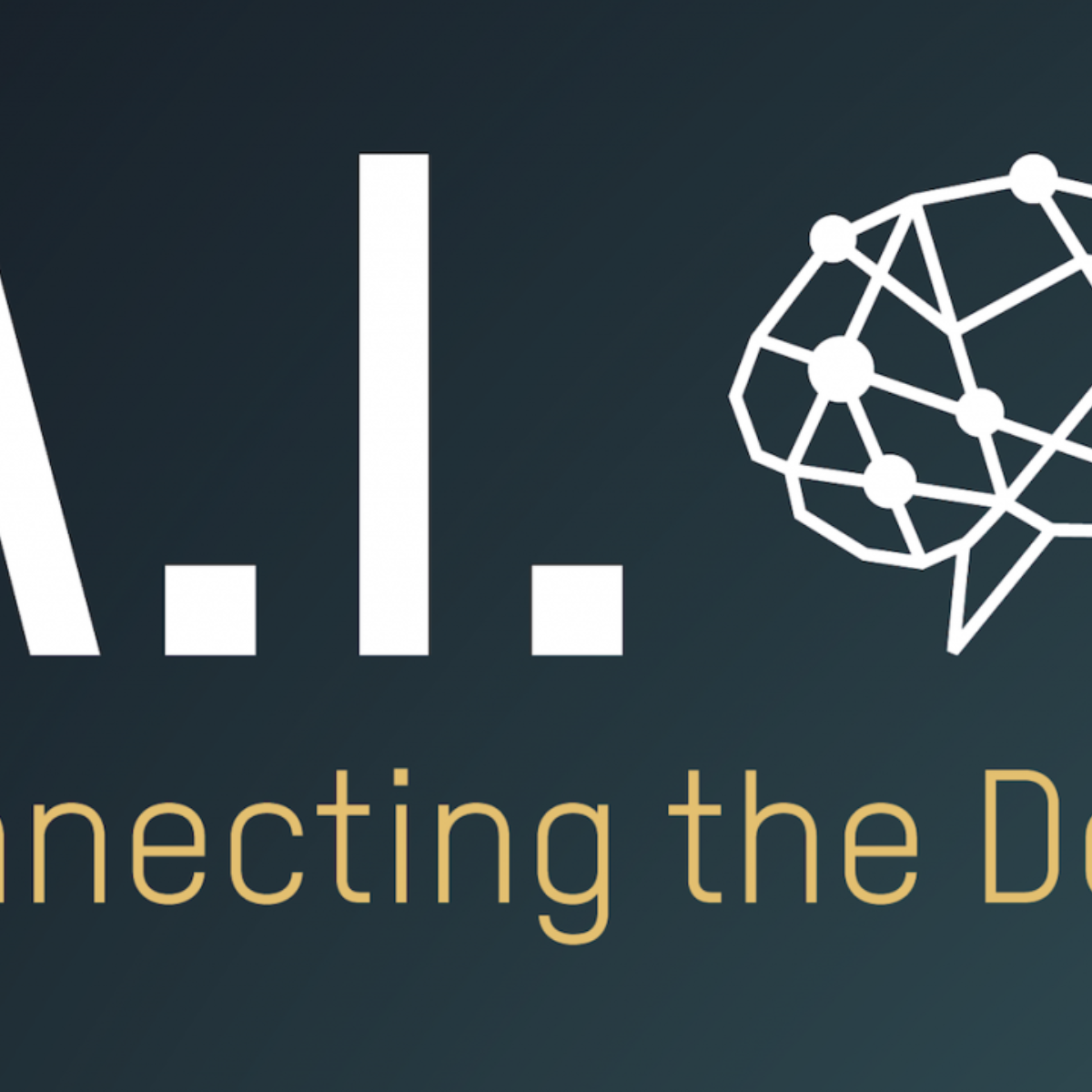
Can A.I. Understand Humans?
As chatbots and virtual assistants, A.I. systems have entered everyday life and the realm of human language. But can A.I. really understand a word’s meaning? Is it able to grasp the context of a phrase and creatively form new sentences? If so, what should we teach it? Join our evening to find out!
21.11.2017
Zürich ETH
Free

Free
As chatbots and virtual assistants, A.I. systems have entered everyday life and the realm of human language. But can A.I. really understand a word’s meaning? Is it able to grasp the context of a phrase and creatively form new sentences? If so, what should we teach it?
Language and creativity are considered fundamental features of human intelligence. They pose a significant challenge to artificial systems. However, in recent years, the success of deep and recurrent neural networks has revolutionized artificial intelligence. Old-fashioned, rule-based machine learning systems were replaced by neural networks that learn through experience and mimic qualities of the human mind.
As environments with well-defined rules, games are a suitable playground for artificial systems. Even in a game that requires complex decision making, like the Chinese board game "Go", the best players are now outperformed by an A.I. that seems to show an intuition-like creativity enabling it come up with new moves, as it is impossible to calculate all possible moves in advance.
However, in the field of language processing, artificial systems have a harder time. They appear to almost reach human performance in language translation and image description, but is it possible to actually understand concepts just by reading texts without having witnessed the “real” experience thereby described? Is there a fundamental difference in how humans and robots acquire language? The progress in A.I. inevitably leads to the debate about its limits and raises the question: What makes human intelligence unique - and will it continue to be unique in the first place?
Come and join us for the third evening of our series of "A.I. - Connecting the Dots" and find out!By exploring the answers to these questions, we might not only learn about A.I. but also about ourselves. Four experts in the field of language and A.I. will present their current work in three short talks. The latter, targeting a general scientific audience, can be attended individually. Later on, the experts will come together for a panel discussion. The panel forms an independent part of the evening and is aimed at a broader public. Throughout the evening, you will have te opportunity to interact with students experts and to visit our poster exhibition to find out how A.I. really works.
Program
Short Talks
17:30 – 17:35: Welcome address by Jannes Jegminat (reatch, A.I. project lead)
17:35 – 18:05: Prof. Dr. Sabine Stoll (UZH) – "Language acquisition and linguistic productivity in children"
18:05 – 18:35: Chris Boos (Arago) – "A.I. in strategy game playing and A.I.-based business automation"
18:35 – 19:05: Prof. Dr. Mathias Schüz (ZHAW) – "The capabilities of a sustainably responsible leader — A role model for A.I."
19:05 – 19:15: Break
Panel
19:15 – 19:20: Introduction by Jannes Jegminat (reatch, A.I. project lead)
19:20 – 19:30: Dr. Gagan Narula (panel moderator) – "Recent advances in artificial creativity and language processing"
19:30 – 20:30: Panel discussion with Prof. Dr. Sabine Stoll, Chris Boos, and Prof. Dr. Mathias Schüz and questions from the audience
"A.I. - Connecting the Dots" is a joint collaboration between Reatch and ETH Zürich.